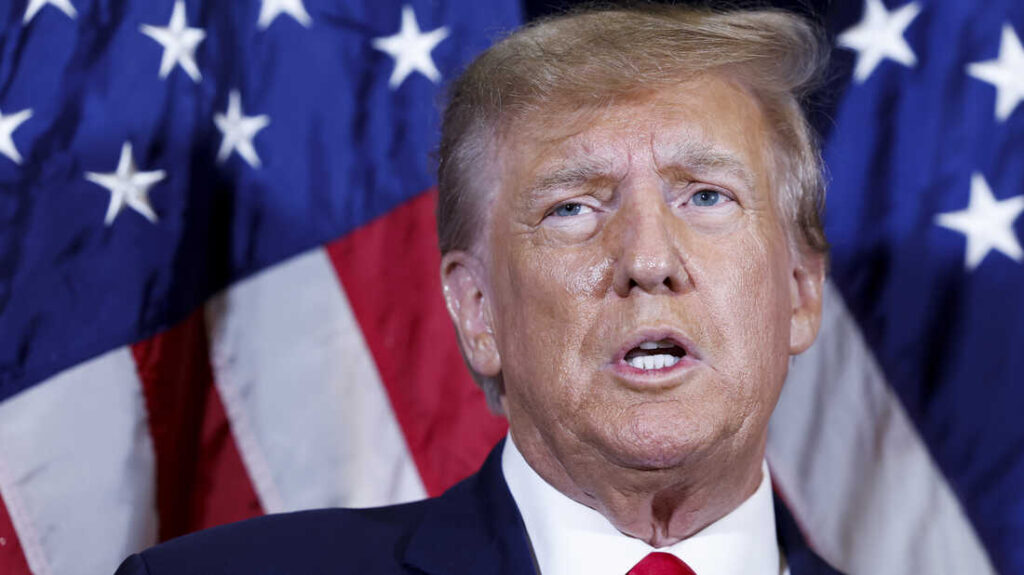Donald Trump is set to return to Pennsylvania on Saturday for a rally at the venue where he narrowly escaped an assassination attempt in July, framing the event as an essential moment in the lead-up to the 2024 presidential election. During an interview with NewsNation, Trump described the trip to Butler, located an hour north of Pittsburgh, as “unfinished business,” fulfilling a promise he made after the assassination attempt that left one dead and two injured. “I said that day when I was shot, I said, ‘We’re coming back. We’re going to come back,’” he remarked, emphasizing the importance of this rally.
Since the incident, the dynamics of the race have dramatically shifted. President Joe Biden dropped out just days after the shooting, resulting in Vice President Kamala Harris ascending to the top of the Democratic ticket, altering the political landscape and forcing Trump to adapt his campaign strategy. With early and mail-in voting already underway, the battleground map has crystallized, and both parties are investing heavily in television advertising to capture key voter segments.
This rally, occurring against a backdrop of intensified security concerns, will be notably different from previous events, according to Trump’s campaign advisors. Trump plans to honor the memory of Corey Comperatore, a firefighter who died shielding his family during the assassination attempt, and recognize the two other victims injured that day. The gathering is expected to be attended by prominent figures such as Trump’s running mate, Ohio Senator JD Vance, and business mogul Elon Musk.
In light of the security failures during the July incident, enhanced measures have been put in place for Saturday’s event. The Secret Service will operate from a unified command center with local law enforcement, and for the first time, Trump will be surrounded by ballistic glass when he takes the stage. These upgrades are a response to the previous assassination attempt, which has prompted a reassessment of security protocols.
As the election draws closer, Trump and Harris are concentrating on critical swing states like Pennsylvania, Michigan, and Wisconsin, aiming to sway undecided voters. Over $100 million in presidential advertising is scheduled for the opening week of October, with both parties strategically targeting their messaging to resonate with local constituents. Harris has made specific appeals to independent voters in Wisconsin, while Trump focuses on issues that resonate with key demographics in Georgia and Pennsylvania.
The absence of scheduled presidential debates further complicates the race, reducing opportunities for either candidate to dramatically shift public perception. Instead, both campaigns are pivoting towards more localized strategies, utilizing podcasts and online platforms to engage infrequent voters and specific constituencies. As the election approaches, the landscape remains volatile, with both sides gearing up for what could be a contentious final month leading to the polls.



